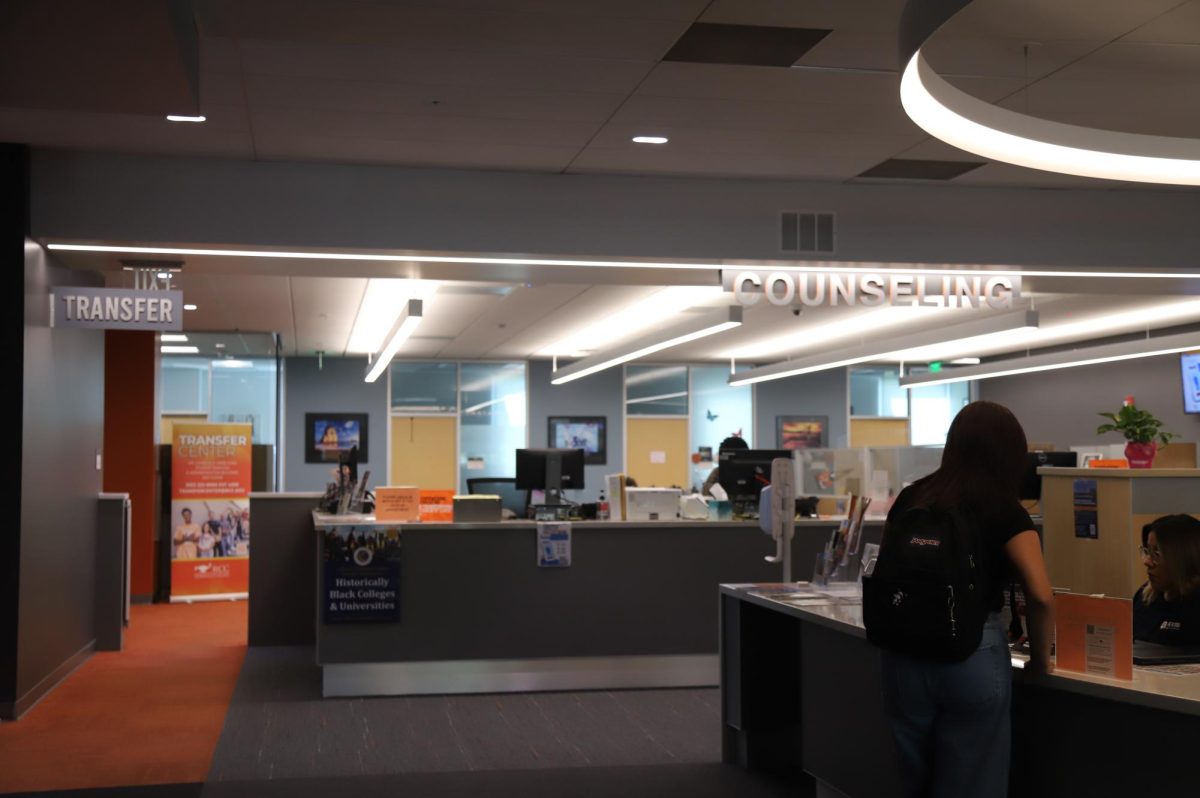By Cloie Swain / Staff Writer
By Cloie Swain / Staff Writer
Like the economy, President Obama’s job performance, and health care, immigration is one of the pundit-cherished talking points that can literally be debated for hours with no change made at all.
Most recently, the immigration topic has been pretty exclusive with the “illegal” part thrown in front of it, provoking people to bear their constitutionally guaranteed arms and march about on dirt patches in Arizona looking for immigrants who are passing over in a manner decidedly less accepted.
The amnesty versus mass deportation argument is one that still rages in all its glory, but a new fascinating development (no, not the “terror babies”) has sprung up that has a whole bunch of folks up in a flurry: The Development, Relief, and Education for Alien Minors Act, aka, the D.R.E.A.M. Act.
Initially introduced almost a decade ago in 2001, the act would essentially offer citizenship to undocumented immigrated minors who graduated from a United States high school, and then either joined into the military for a certain amount of time or attended and received a degree from a higher education institute.
When put to a vote on Sept. 21, the Republican portion of the Senate decided to filibuster and block any progress on the bill for the time being. It was quickly reintroduced on Sept. 22.
There is speculation that the addition of the effort to repeal the anti-gay military policy “Don’t Ask, Don’t Tell” might have contributed to the failure.
What truly matters in regards to the act is the bigger picture, which most people apparently are missing by miles.
If the plan were to pass, millions of young men and women could enter the workforce, serve in the military, and essentially, do more to earn their citizenship than most natural born Americans.
The biggest benefit is not even in the addition of more educated citizens or service members into our society legally: it’s all the money that will be generated.
Like the benefits of the possible Marijuana legalization effort here in California, the act could create millions of tax dollars from those new citizens.
It would not be outlandish to assume that some of those people would settle down, begin families, and use their education or service experience to further the goals of a prosperous America.
It sounds like a grand idea to many. But, there are bound to be those who rain on all parades, and the act does not escape the storm.
Critics claim it should be shelved in favor of securing the border first. Or not included in the same bill as a defense monetary matter. Or be up for vote at all essentially.
The critics, many of whom have valid points about border security taking precedence above paths to mass amnesty, need to understand that this is an issue that will only bloat with time.
Forcing politically charged legislation onto a bill that is already top-heavy enough is unwise, and the proponents of it paid the price with the failure.
But hopefully there is a silver lining to this.
With a bit more time before a vote needs to take place on this again, there is the opportunity to get more support on the side of passage, and considering how the economy is almost daily front page news, a perspective about the monetary benefits of this could be just what is needed for more backers.
The line that people tread while discussing immigration is always a thin one.
We as a nation need to have security at our borders, and like it or not, those who are crossing over unlawfully (despite the reasoning behind it) are not adhering to the standard procedure of moving to the United States.
But there is a unique opportunity presented by the act.
By encouraging young people who are living in the United States unlawfully to graduate high school or get a GED, join the armed services, or go to college, we will be creating a generation of people who know exactly how they can become a citizen, and are likely to cherish it with a view that many of us born here could not.
With an army of professionals who work their way to citizenship, the benefits could be endless.
The act is necessary, not only for the present, but for the future as well.






